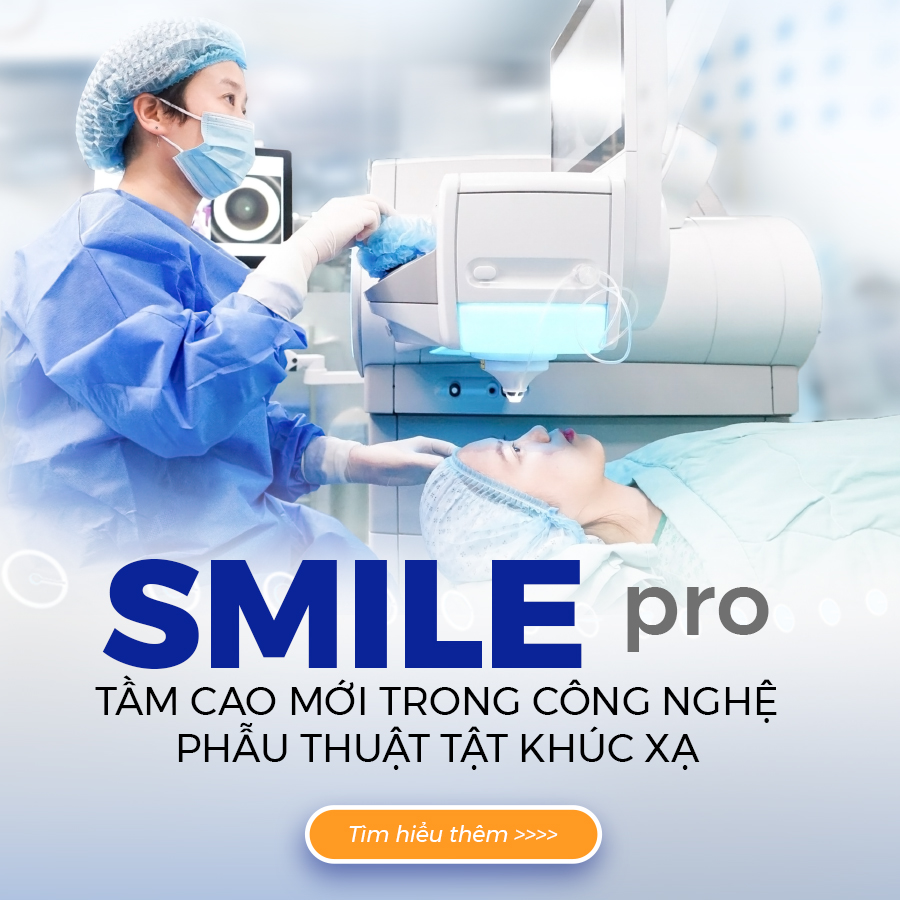Phacoemulsification is a modern cataract surgery in which the eye’s internal lens is emulsified with an ultrasonic handpiece and aspirated from the eye. Aspirated fluids are replaced with irrigation of balanced salt solution to maintain the anterior chamber.
Before the phacoemulsification can be performed, one or more incisions are made in the eye to allow the introduction of surgical instruments. The surgeon then removes the anterior face of the capsule that contains the lens inside the eye. Phacoemulsification surgery involves the use of a machine with microprocessor-controlled fluid dynamics. These can be based on peristaltic or a venturi type of pump.
The phaco probe is an ultrasonic handpiece with a titanium or steel needle. The tip of the needle vibrates at ultrasonic frequency to sculpt and emulsify the cataract while the pump aspirates particles through the tip. In some techniques, a second fine steel instrument called a “chopper” is used from a side port to help with chopping the nucleus into smaller pieces. The cataract is usually broken into two or four pieces and each piece is emulsified and aspirated out with suction. The nucleus emulsification makes it easier to aspirate the particles. After removing all hard central lens nucleus with phacoemulsification, the softer outer lens cortex is removed with suction only.
An irrigation-aspiration probe or a bimanual system is used to aspirate out the remaining peripheral cortical matter, while leaving the posterior capsule intact. As with other cataract extraction procedures, an intraocular lens implant (IOL), is placed into the remaining lens capsule. For implanting a poly(methyl methacrylate) (PMMA) IOL, the incision has to be enlarged. For implanting a foldable IOL, the incision does not have to be enlarged. The foldable IOL, made of silicone or acrylic of appropriate power is folded either using a holder/folder, or a proprietary insertion device provided along with the IOL.
It is then inserted and placed in the posterior chamber in the capsular bag (in-the-bag implantation). Sometimes, a ciliary sulcus implantation may be required because of posterior capsular tears or because of zonular dialysis. Because a smaller incision is required, few or no stitches are needed and the patient’s recovery time is usually shorter when using a foldable IOL.








































